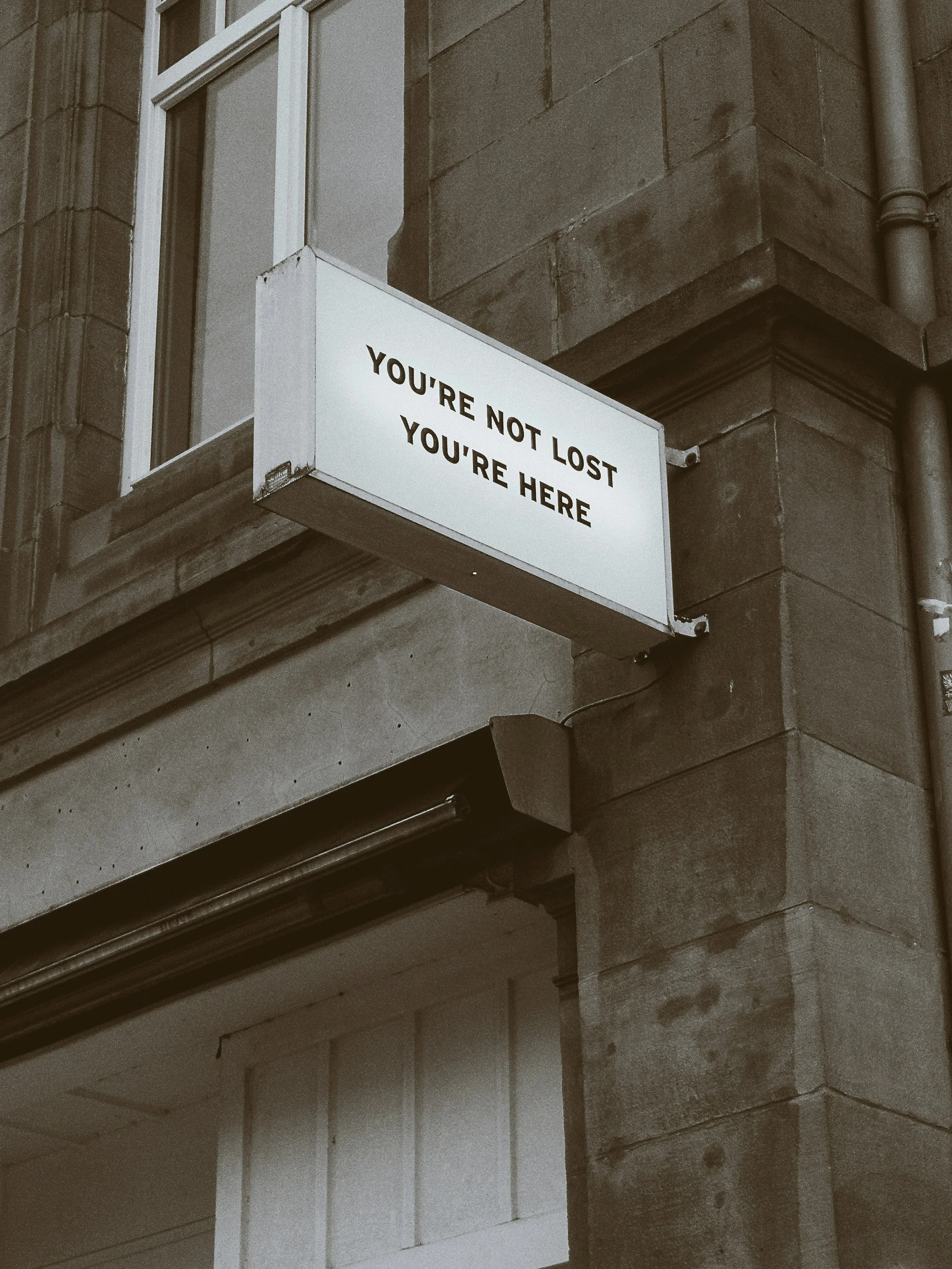Therapy for
Grief & Loss
Grief is a journey.
You don’t have to go alone.
ONLINE ACROSS VERMONT, MARYLAND, & NEW YORK
The world moved on, but you’re still living in the moment everything changed
Sometimes, the way others respond to your grief makes you feel invisible—like your pain is too much, or taking too long. You’ve learned to tuck it away, to smile when you're supposed to, to say you're "fine" even when you're anything but. Over time, you’ve gotten so good at pretending you’re okay that you’ve started to lose touch with how you actually feel, or who you are without the weight of this loss.
Maybe you…
Show up for work, for your family, for your life, but it all feels heavier than before.
Move through the days feeling drained and distant from the world around you.
Keep thinking, “I should be over this by now,” but the ache lingers.
Grieve something that others don’t see—or don’t understand—and it leaves you feeling alone.
Know you can’t go back to who you were before the loss, but you’re not sure who you are now.
Have tried to push past the pain, but it keeps showing up—in your thoughts, your body, your relationships.
You want to feel like yourself again. Or maybe, you want to meet the new version of yourself that’s waiting on the other side of this.

Our approach
Whatever you’ve lost, your healing matters here.
At Robbins Therapy, we offer a compassionate, trauma-informed space where your experience—no matter the type of loss—is seen and honored. Inspired by modalities like EMDR, Accelerated Resolution Therapy (ART), somatic techniques, and meaning‑in‑loss work therapy here is grounded in healing—not just reflection.
What this looks like in practice:
Validating your losses and grief—not minimizing or rushing them
Exploring meaning and identity shifts alongside the transition
Integrating somatic tools for grounding and emotional regulation
Attention to disenfranchised or ambiguous grief, including losses others don’t see
Focus on your pace, your narrative, and your path forward
The many faces of grief
Some losses don’t leave obituaries, but they still leave a mark.
Grief doesn’t just follow death—it can emerge any time something meaningful is lost or deeply changed. Some losses are visible and widely acknowledged, while others go unnoticed by the world but still leave a lasting ache. Below are examples of life events and transitions that can trigger grief, even if no one else fully understands the impact they’ve had on you. Your pain is real, even if your loss doesn’t fit the traditional mold.
Relationship & Family Loss
Death of a loved one or pet
Divorce or separation
Estrangement from family or friends
Childhood trauma ending safety or trust
Life Transitions & Identity Shifts
Becoming an empty nester or retiring from work
Chronic illness, disability, or cognitive decline in loved ones
Major moves or career changes
Loss of role—like caregiver, partner, or parent
Other Sudden or Unrecognized Losses
Loss of fertility or pregnancy
Loss tied to discrimination, disenfranchised grief, or identity invisibility
imagine A life where you…
Understand your grief and how it shows up
You recognize that grief isn’t linear, and you’ve learned to honor your emotions without judging or suppressing them.
Feel more grounded and less overwhelmed
The waves of sadness and pain still come—but they don’t knock you down in the same way. You’ve found tools that help you stay steady, even in the hard moments.
Stop minimizing your loss or apologizing for your feelings
You no longer feel like you have to justify your grief to others—or to yourself. You’ve embraced that your experience is valid, no matter what kind of loss you’ve lived through.
Reconnect with yourself and what matters to you
You begin to rediscover joy, meaning, and purpose—not by forgetting what you lost, but by finding a new way to carry it with you.
Begin to imagine a future again
Without rushing or forcing anything, you notice hope returning. You start to believe in the possibility of healing, connection, and a life that feels like yours again.
Healing from loss takes time and support.
We’re here for your journey.
Frequently Asked Questions
-
We know death is not the only loss people experience. We also work with ambiguous and disenfranchised losses, like fertility loss, identity grief, career shifts, or relational change that others might overlook. Your grief is valid and welcome here, regardless of the trigger for it.
-
Our therapists go at your pace. We know it can take time to build up comfort with a therapist to be able to talk about hard things, or you may want to build up other aspects of your life first. Many of the techniques we use don’t require you to ever tell us about your loss in detail. See our pages on EMDR and ART for examples of that.
-
There are no good answers to this. Grief takes the time that it takes. Some people notice nearly immediately relief from having the support of a therapist. Some may need more long-term support. What we can say is that we will focus on what works for you, and that we value using therapeutic techniques that are effective at treating each client’s challenges.

